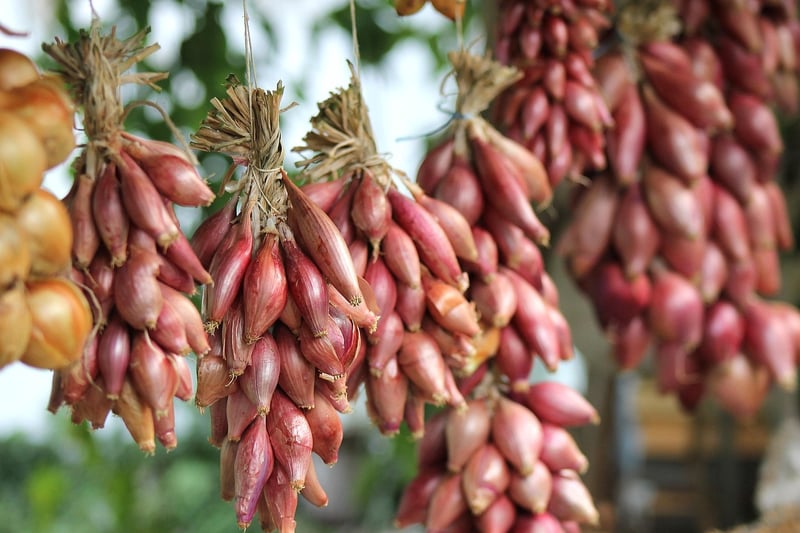Community Gardens
Tips for Urban Gardeners and Community Gardens
Introduction
Welcome to the world of urban gardening and community gardens! Whether you have a small balcony or access to a shared green space, there are plenty of ways to grow your own plants, fruits, and vegetables in the city. Here are some tips to help you make the most of your urban gardening experience and get involved in community garden initiatives.
1. Start Small
When beginning your urban garden, start with a few easy-to-grow plants or herbs. Consider factors like sunlight, water availability, and space constraints before choosing what to grow. Herbs like basil, mint, and parsley are great options for beginners.
2. Use Vertical Space
Maximize your space by utilizing vertical gardening techniques. Hang pots on walls or railings, use trellises for climbing plants like tomatoes or beans, or create a DIY vertical garden using recycled materials.
3. Choose the Right Containers
Opt for containers that suit your space and plant needs. Make sure they have drainage holes to prevent overwatering and use lightweight containers if you have limited space or need to move them around frequently.
4. Get Creative with Repurposing
Upcycle old containers, jars, or even pallets to create unique planters for your urban garden. Not only does this reduce waste, but it also adds a personal touch to your garden space.
5. Join a Community Garden
Community gardens are fantastic spaces where individuals can garden collectively, share knowledge, and build a sense of community. Look for local community garden initiatives in your area and get involved to learn from experienced gardeners and contribute to a greener urban environment.
6. Practice Sustainable Gardening
Use organic and eco-friendly gardening practices to promote biodiversity and reduce your environmental impact. Compost kitchen scraps, avoid chemical pesticides, and choose native plants that require less water and maintenance.
7. Attend Workshops and Events
Stay informed and inspired by attending gardening workshops, seminars, and community events. These are great opportunities to learn new skills, connect with fellow gardeners, and discover innovative gardening techniques.
Conclusion
Urban gardening and community gardens offer a unique way to connect with nature, promote sustainability, and foster a sense of belonging in urban environments. By following these tips and actively participating in community gardening initiatives, you can enjoy the benefits of growing your own food and contributing to a healthier, greener community.


